
Overcoming These 4 Common Ego Traits Will Enrich Your Relationships
Our egos can be a formidable obstacle in relationships with friends, family, or romantic partners. Many conflicts are caused an unwillingness to see a situation from the other’s perspective. Identifying with our ego creates an isolated stance of self-preservation and survival. Decisions and interactions are clouded with fear.
Generally, egoic reactions are considered self-aggrandising or arrogant, but low self-esteem, also known as an “inverted ego” can be just as damaging. If we fail to love ourselves, we can become dependent, needy, and struggle to authentically express how we feel, seek validation, or feel burdensome. All of these states, from arrogance to a lack of confidence, prevent us from forming deep, meaningful connections with others.
We’re going to explore a few common ego traits that arise in relationships, and discuss some tips on overcoming them.
1. Judgment
Non-judgment is a cornerstone of spiritual practice for good reason. However, our minds have evolved to assess and judge our surroundings. This suited our ancestors: judging whether a rustle in the leaves was a potential threat was necessary for survival. While civilization has changed drastically, our minds are still powered by the same limbic system. This system — known as the “lizard brain” — is responsible for instinctive reactions such as fight, flight, freeze, and fear.
Our judging minds instinctively create labels and categories that are particularly troublesome in relationships. The egoic mind is quick to judge the behavior and motivations of people we interact with. Generally, judgment is accompanied by labels such as “good” or “bad,” “right” or “wrong.”
In judging others, we reject reality by taking a stance of superiority or inferiority in relationship to them, but neither of these perspectives serve us. On the contrary, our relationships flourish once we shift our perspective to unconditional acceptance and compassion. Relinquishing judgment makes us equal to our peers, and thus better placed for meaningful connection.
2. Denying Responsibility
The biggest indicator of an inflamed ego is blaming others before assessing ourselves. Pointing the finger elsewhere absolves us from responsibility over our inner kingdom, be it our emotional reactions, our role in a conflict, or the commitments we have in nurturing healthy relationships.
We fall into a trap if we don’t take responsibility for our emotions. Believing that another person is responsible for our happiness is a disservice to any relationship. From one end of the spectrum, it adds unfair expectations -- people have to act in accordance with our personal needs. Conversely, an inverted ego may require validation from others, causing us to pander to others’ needs. In both of these scenarios, the relationship is conditional upon behavior.
Acknowledging responsibility for our happiness liberates us.
Free from expectations and independently fulfilled, we can connect with others unconditionally. Furthermore, when we’re free from the pressure of expectations or neediness, acceptance is easier.
Granted, there will be times where friends, family, or lovers upset us or take a stance different to our own. But if we are committed to cultivating deeper relationships, we have to be willing to put aside our need to be right for the greater good. As spiritual guru Ram Dass says, “I would rather be free and in love than be right.”
3. Overblown Expectations
Most of us carry expectations in all areas of life, particularly in our relationships. These expectations are often higher with the people we care for the most. If we deeply respect or admire someone, we will subconsciously form lofty expectations for them. This forms a veil of perceived perfection due to an image we have created. If the real person behind the image acts outside of this unattainable standard, we become annoyed, frustrated, disappointed, or resentful.
A heart-centred approach involves accepting all humans, including ourselves, as imperfect.
Accepting that no one is perfect allows us to embrace the flaws in others.
The question is, would you want to be held by the same standards your egoic mind imposes on those close to you? Assessing our expectations keeps our egos in check.
4. Inauthenticity
Overcoming ego traits doesn’t mean purifying emotions such as frustration, anger, annoyance or resentment. Neither does it mean losing our voice and accepting unpleasant behaviour without comment. Instead, it creates space to assess relationships with clarity and to express freely.
The more we open our hearts, the more we share the tenderness of life with those close to us.
Being open necessarily involves vulnerability, and so we are also opening ourselves up to the possibility of pain. But the pain of living inauthentically rather than overcoming our egoic minds’ instincts to put our emotions behind walls is an even greater obstacle to happy, healthy relationships.













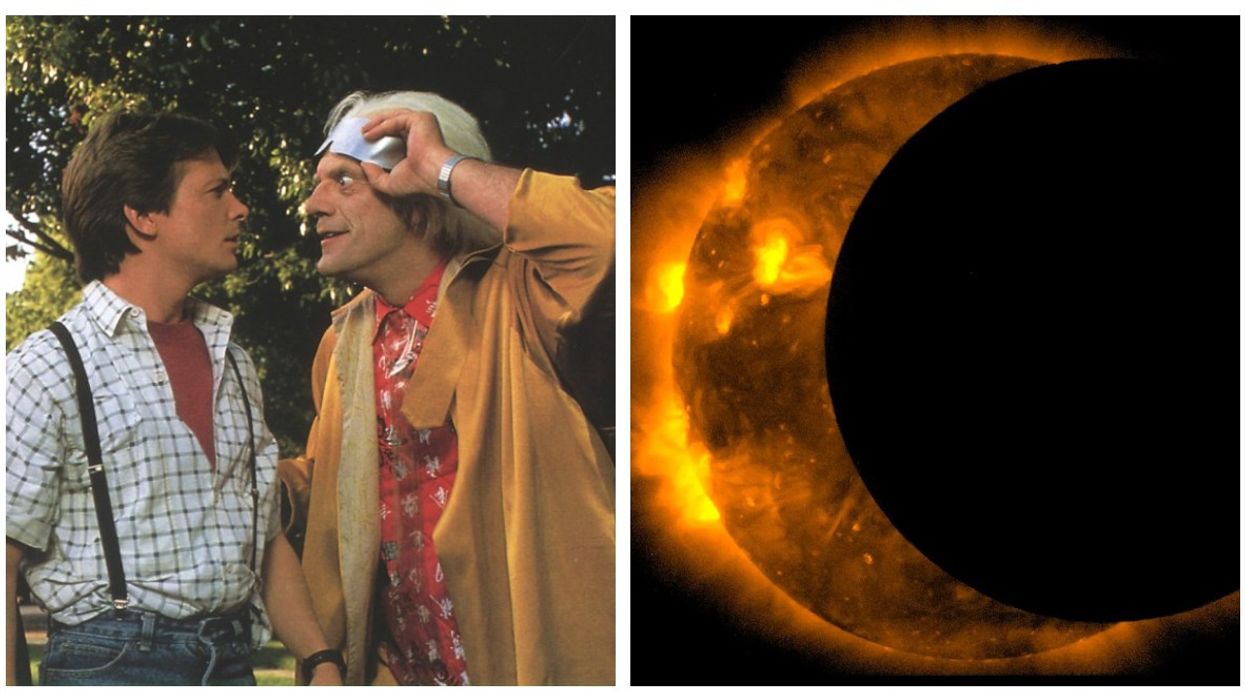

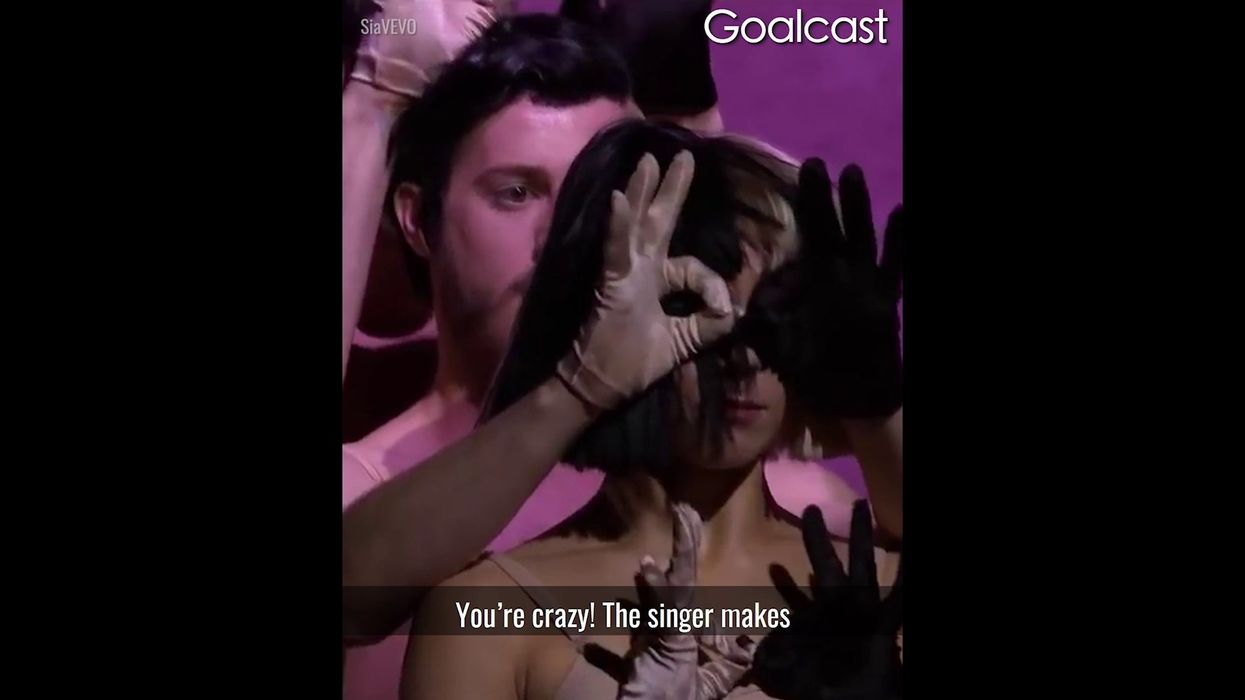
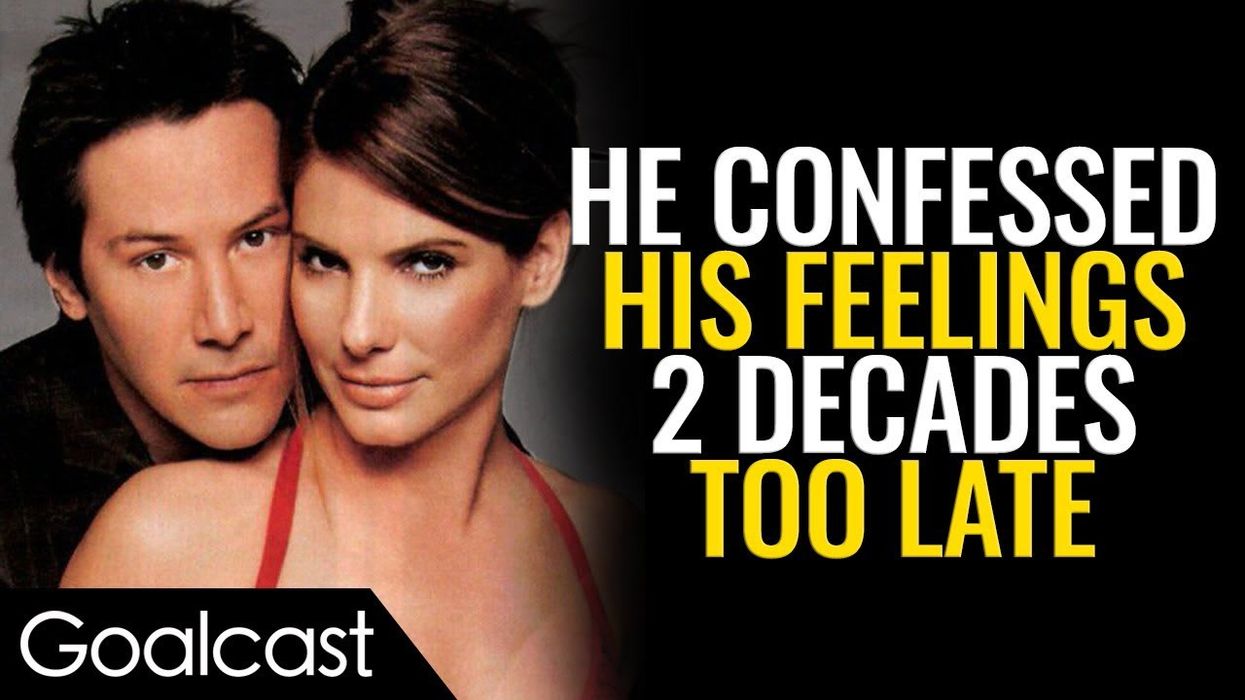
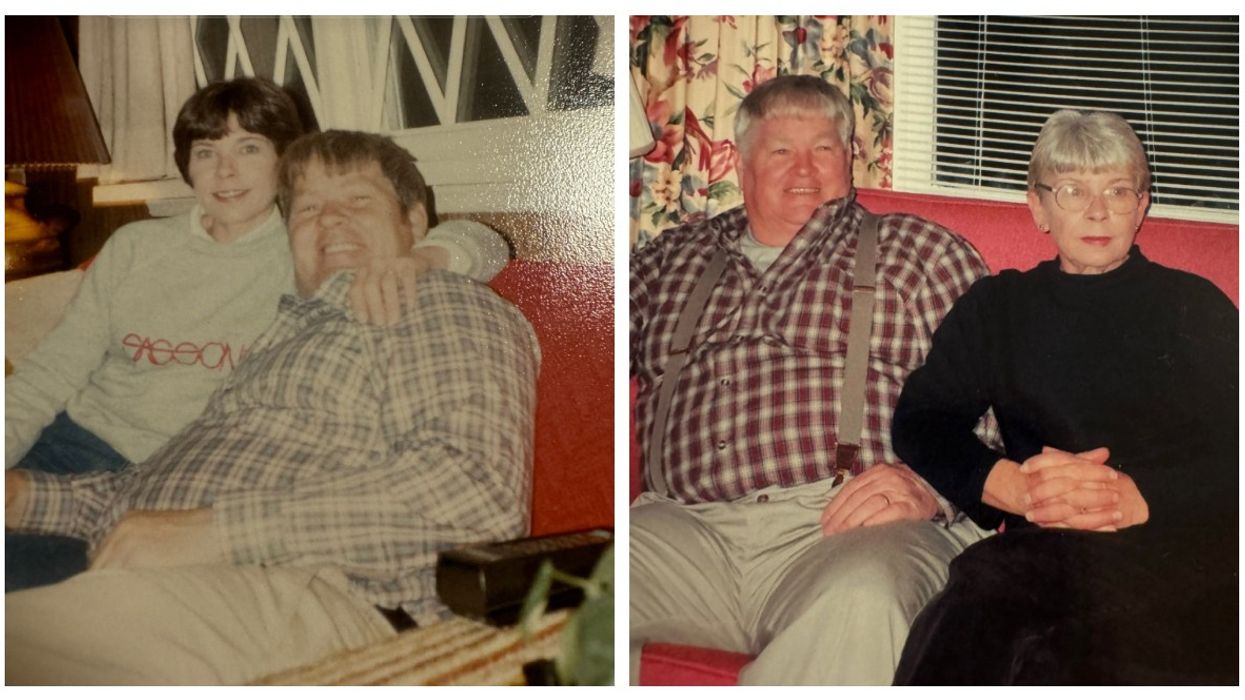
 Old photobooth strip of Nana and Papa@jennjensc/TikTok
Old photobooth strip of Nana and Papa@jennjensc/TikTok An elderly woman sits in chair with blue blanket while doing chemotherapy.@jennjensc/Tiktok
An elderly woman sits in chair with blue blanket while doing chemotherapy.@jennjensc/Tiktok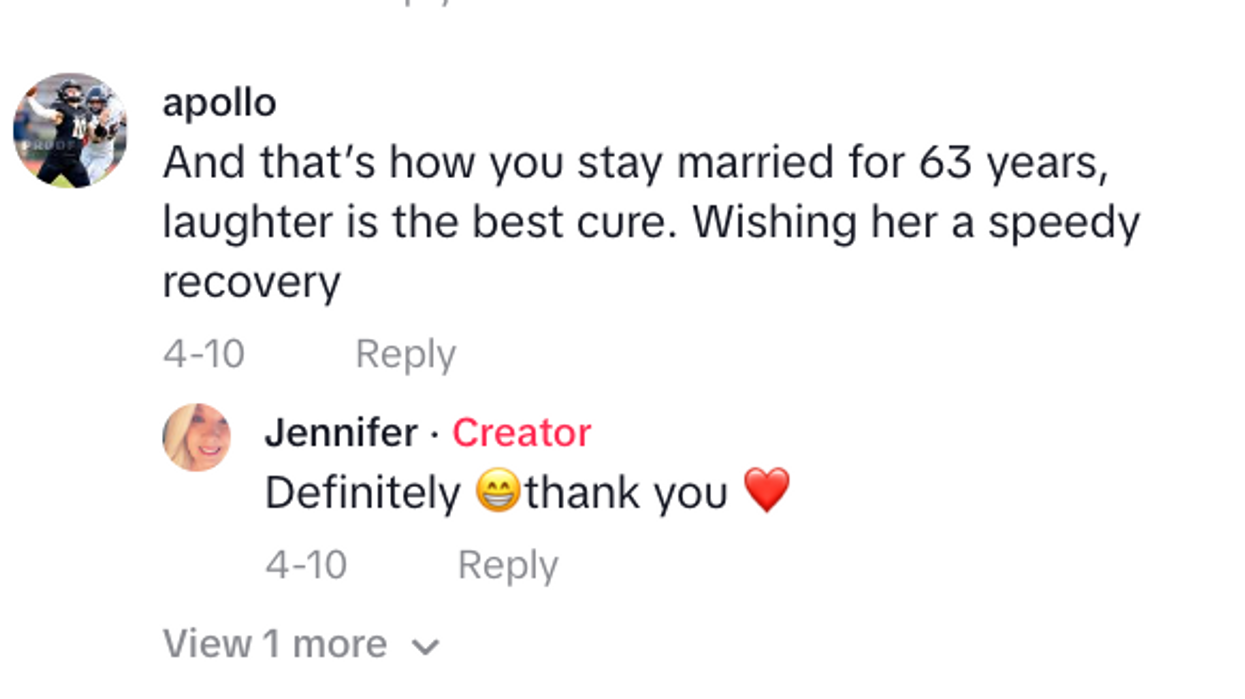 screenshot of a comment on TikTok@jennjensc / TikTok
screenshot of a comment on TikTok@jennjensc / TikTok
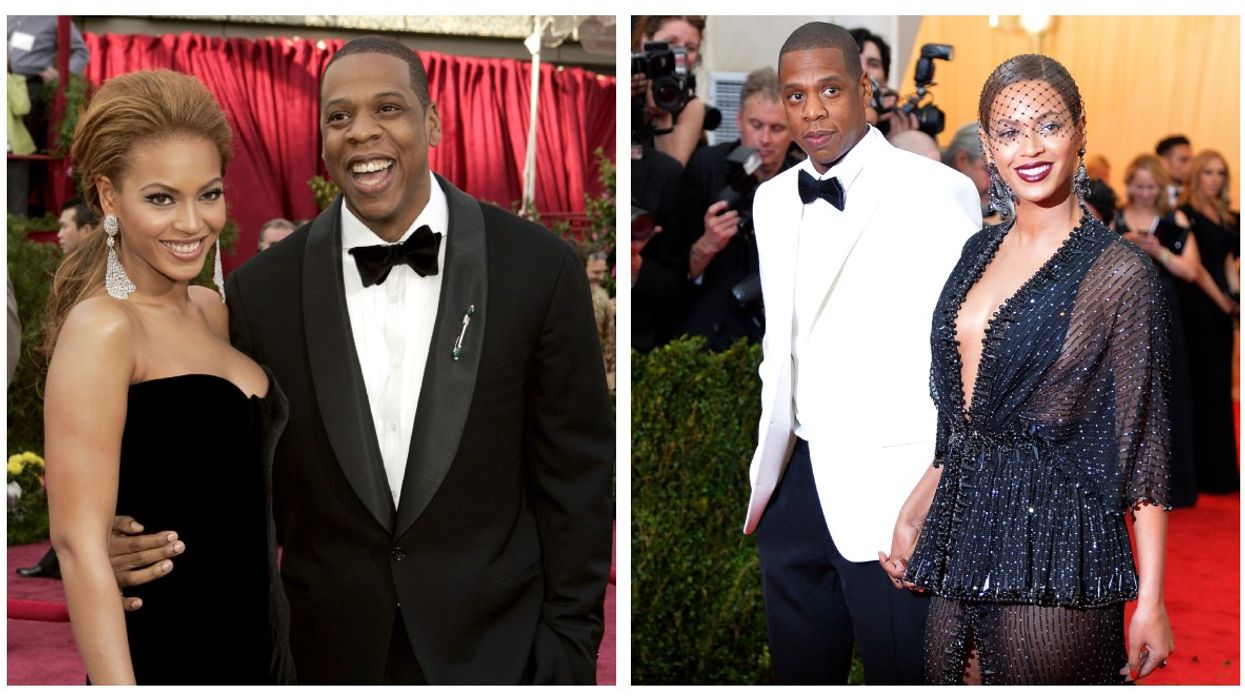

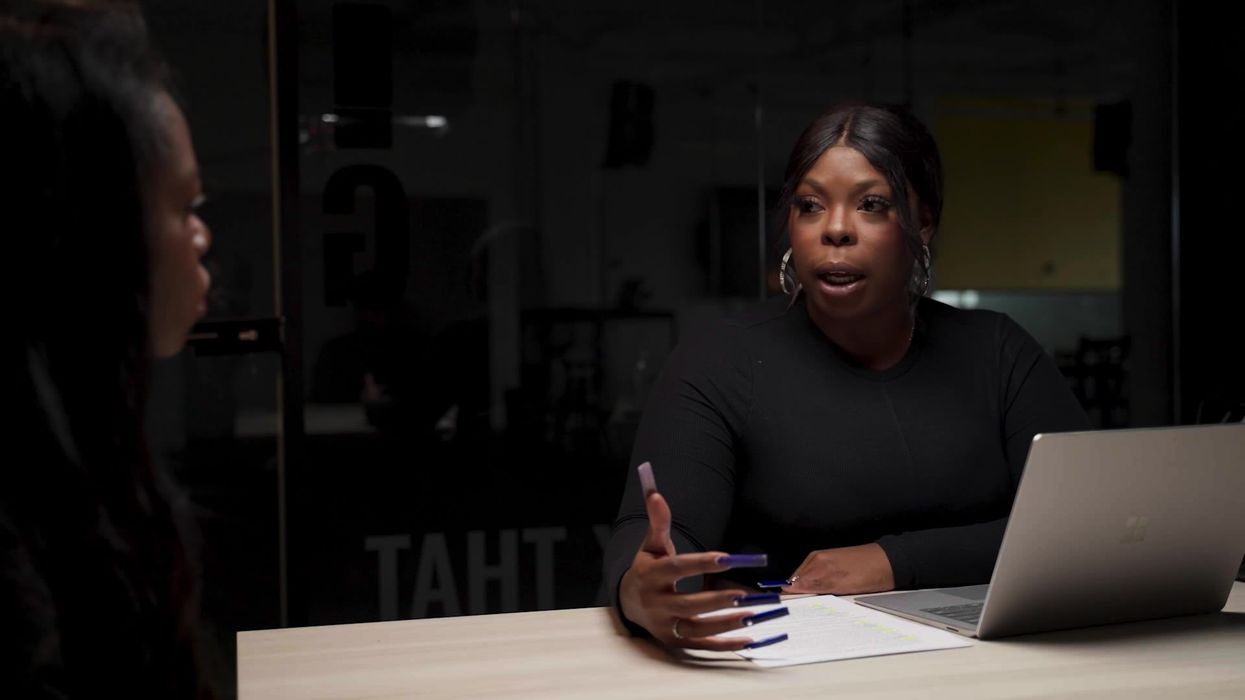
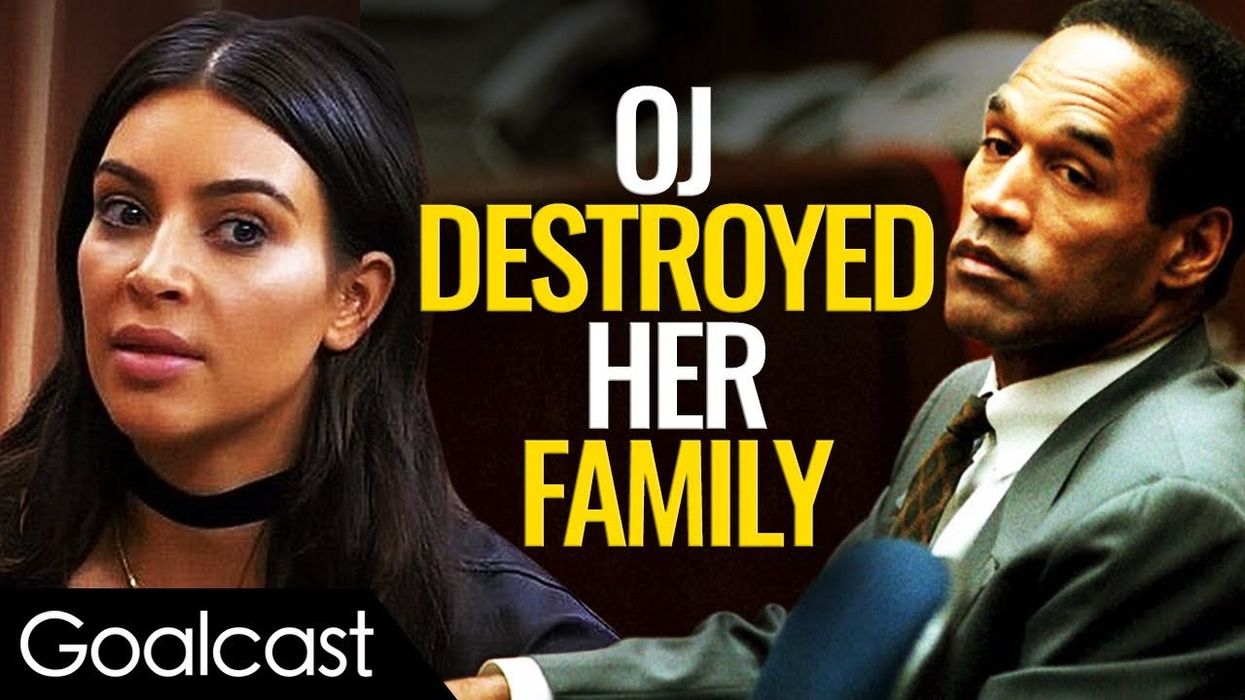






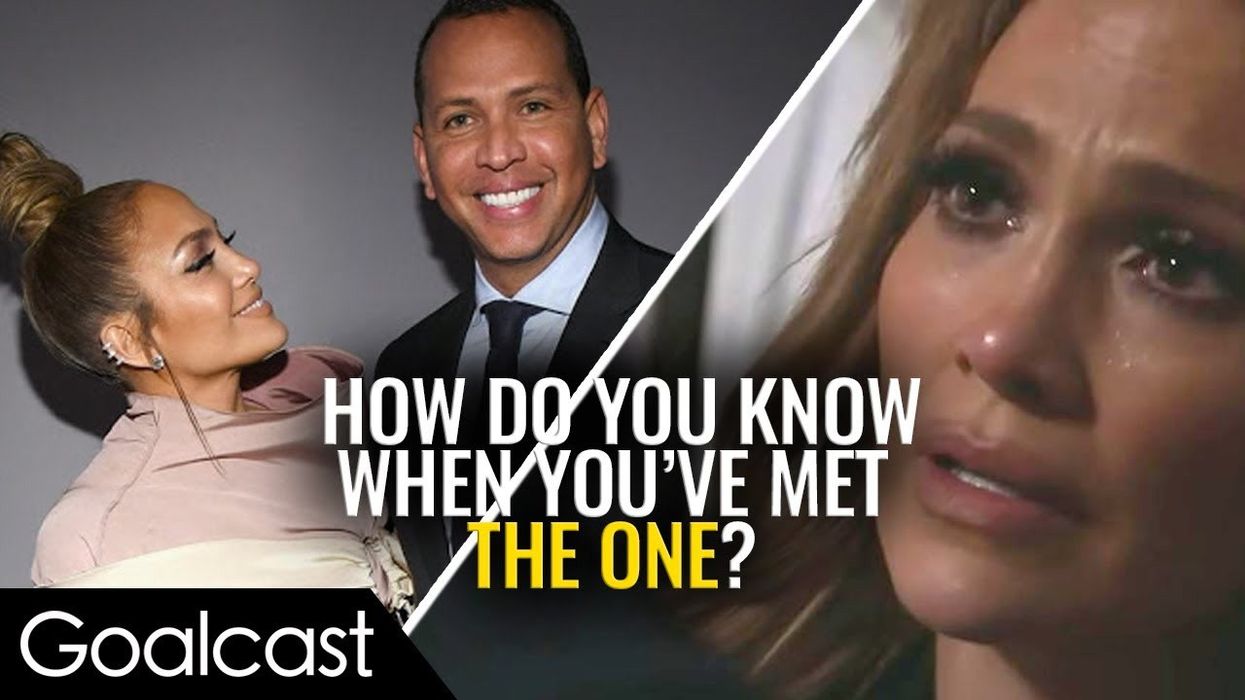
Military Dad Defends His 4 Little Daughters When Strangers Make This Rude Remark